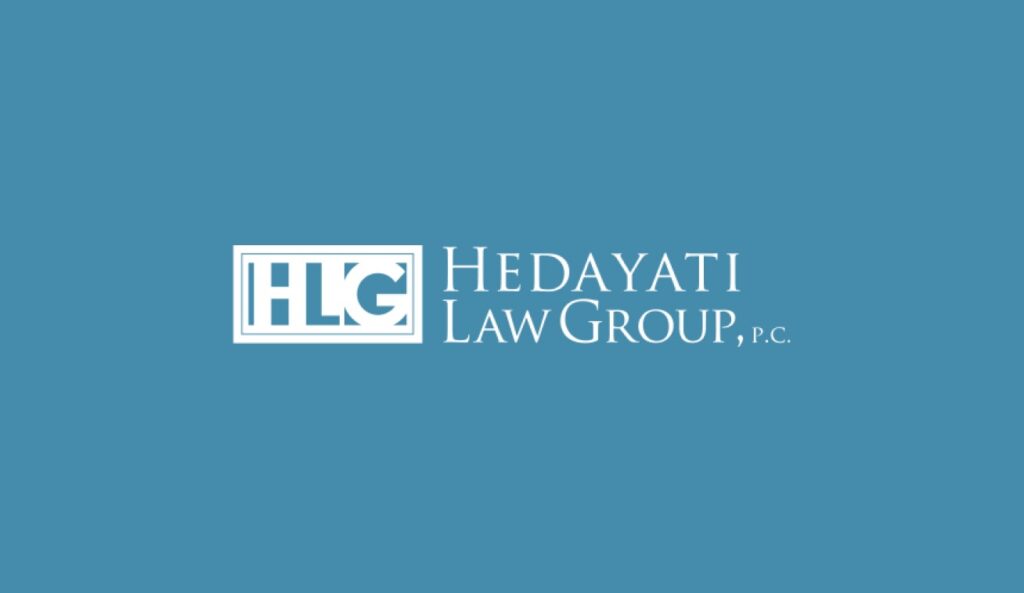Why You Need Uninsured Motorist Coverage

Why You Need Uninsured/Underinsured Motorist Coverage
When it comes to auto insurance, many drivers focus solely on meeting state requirements and often overlook the importance of additional coverage options like uninsured/underinsured motorist (UM/UIM) coverage. However, this type of coverage can provide essential financial protection in the event of an accident with a driver who has little or no insurance. In this blog, we’ll explore what Uninsured/Underinsured coverage is, why it’s crucial, and how it can safeguard you and your family from financial hardship.
What Is Uninsured/Underinsured Motorist Coverage?
Uninsured/underinsured motorist coverage is an add-on to your auto insurance policy that protects you if you’re involved in an accident with a driver who lacks adequate insurance. Here’s how it works:
- Uninsured Motorist (UM) Coverage: This protects you if the at-fault driver has no insurance. It covers medical bills, lost wages, and other damages you’d typically recover from the at-fault party’s insurance.
- Underinsured Motorist (UIM) Coverage: This kicks in when the at-fault driver’s liability limits are insufficient to cover the full extent of your damages. UIM coverage bridges the gap between the at-fault driver’s policy limits and the actual costs of your injuries.
In essence, UM/UIM coverage acts as a safety net, ensuring you’re not left shouldering the financial burden of an accident caused by an uninsured or underinsured driver.
Why Is UM/UIM Coverage Important?
According to the Insurance Research Council, approximately 13% of drivers in the United States are uninsured, with rates varying significantly by state. Even among those who have insurance, many carry only the minimum liability coverage required by law, which is often insufficient to cover severe injuries or extensive property damage. In New York, for example, the minimum liability coverage is $25,000 per person and $50,000 per accident for bodily injury. This amount can be quickly exceeded in cases involving serious injuries or long-term medical treatment.
If you’re in an accident with an uninsured or underinsured driver and you don’t have UM/UIM coverage, you may be left paying out of pocket for medical expenses, lost income, and other damages. This financial strain can be devastating, especially if your injuries prevent you from working or require ongoing care.
Real-Life Scenarios Where UM/UIM Coverage Makes a Difference
- Uninsured Driver: Imagine you’re involved in an accident where the at-fault driver flees the scene or is found to have no insurance. Without UM coverage, you’d have to rely on your health insurance (if available) or pay out of pocket for your medical bills. UM coverage ensures you’re compensated for your injuries, regardless of the other driver’s lack of insurance.
- Underinsured Driver: Consider a scenario where the at-fault driver’s liability insurance only covers $25,000, but your medical expenses amount to $100,000. Without UIM coverage, you’d be responsible for the $75,000 shortfall. UIM coverage protects you by covering the remaining costs up to your policy limits.
What Does UM/UIM Coverage Cover?
UM/UIM coverage typically includes:
- Medical Expenses: Hospital stays, surgeries, physical therapy, and other treatment costs.
- Lost Wages: Compensation for income lost due to your inability to work.
- Pain and Suffering: Damages for physical pain, emotional distress, and reduced quality of life.
- Funeral Expenses: In cases of fatal accidents, UM/UIM coverage can help cover funeral and burial costs.
- Property Damage: Some policies may include coverage for vehicle repairs or replacement.
Common Misconceptions About UM/UIM Coverage
Many drivers assume that they don’t need UM/UIM coverage because they have health insurance or collision coverage. However, these types of insurance don’t provide the same level of protection:
- Health Insurance: While it may cover medical expenses, it won’t compensate you for lost wages, pain and suffering, or property damage.
- Collision Coverage: This only covers damage to your vehicle and doesn’t address medical expenses or other damages caused by an uninsured or underinsured driver.
UM/UIM coverage is a comprehensive solution that fills these gaps, ensuring you’re fully protected.
How Much UM/UIM Coverage Should You Have?
The amount of UM/UIM coverage you need depends on your personal circumstances, including your income, assets, and overall risk tolerance. Many insurance experts recommend carrying coverage equal to or greater than your liability limits to ensure adequate protection. For example, if your liability coverage is $100,000 per person and $300,000 per accident, consider matching those limits for UM/UIM coverage.
Steps to Add UM/UIM Coverage to Your Policy
- Review Your Current Policy: Check your existing auto insurance policy to see if UM/UIM coverage is included and, if so, whether the limits are sufficient.
- Consult Your Insurance Agent: Discuss your options with your agent to determine the appropriate level of coverage based on your needs.
- Understand the Costs: UM/UIM coverage is typically affordable, especially compared to the potential financial risks of not having it. Ask for a quote to evaluate the cost.
- Update Your Policy: Once you’ve decided on the coverage limits, have your insurance company update your policy.
Legal Requirements and UM/UIM Coverage
In New York, uninsured motorist coverage is mandatory, but underinsured motorist coverage is optional. Despite this, adding UIM coverage is highly recommended to protect yourself from the significant financial risks posed by underinsured drivers. Understanding the difference between the two and ensuring you have adequate protection is essential for comprehensive coverage.
The Role of an Attorney in UM/UIM Claims
If you need to file a UM/UIM claim, having an experienced personal injury attorney on your side can make a significant difference. Insurance companies often try to minimize payouts, even for your own UM/UIM coverage. An attorney can:
- Evaluate Your Policy: Determine the extent of your coverage and how it applies to your claim.
- Gather Evidence: Collect medical records, accident reports, and other documentation to support your claim.
- Negotiate With Insurers: Advocate on your behalf to ensure a fair settlement.
- Represent You in Court: If necessary, take legal action to secure the compensation you deserve.
Conclusion
Uninsured/underinsured motorist coverage is a critical component of any auto insurance policy, offering financial protection in scenarios where the at-fault driver lacks sufficient insurance. By investing in UM/UIM coverage, you can protect yourself and your family from the financial and emotional burdens of an accident. Don’t wait until it’s too late—review your policy today and make sure you have the coverage you need.
At the Hedayati Law Group, P.C., we are dedicated to helping accident victims navigate the complexities of insurance claims and recover the compensation they deserve.

